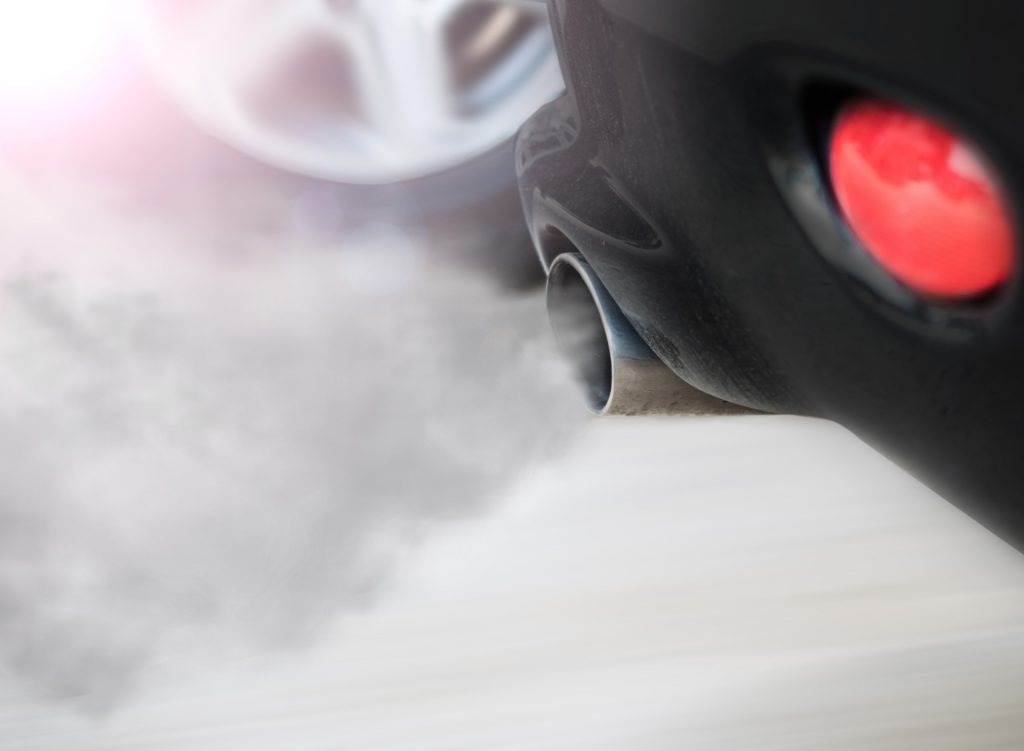Tavares warns of China advantage as carmakers struggle with European CO2 targets
09 April 2018

9 April 2018
Vehicle manufacturers are struggling to meet strict CO2 targets set out by the European Union up to 2021, thanks in part to the collapse of the diesel market and no suitable alternative technology ready to take over.
However, while financial implications are important in this matter, another issue may see Chinese manufacturers take advantage and enter the European market with a fleet of electric vehicles (EVs), or even open a manufacturer to a takeover approach. This is the view of PSA Group CEO Carlos Tavares, who also chairs the European Automobile Manufacturers Association (ACEA).
Speaking at an event hosted by the French publication Le Journal de l’Auto, Tavares said: ′If a European carmaker missed its [CO2] targets and was brought to its knees by fines, it could not be acquired by another big European carmaker purely because of antitrust rules,’
′The impact is very obvious. It’s going to create a Chinese Trojan Horse in Europe.’
While not naming any specific manufacturers, Tavares could have been referring to Daimler, which recently announced that the chairman of Geely had become the group’s largest shareholder with a stake rumoured to be around 9%.
Geely identified Daimler as a company it would like to strike an alliance with to develop electric vehicle (EV) technology. The German manufacturer is currently developing its EQ range of electric vehicles in order to combat declining diesel sales and is also exploring Hydrogen power.
Tavares suggested that China is a leader in EV technology. The country is implementing a quota system from 2019 that suggests a portion of manufacturer vehicle sales must be electric. Therefore a number of carmakers have set up joint ventures with Chinese firms to develop electric technology, which could then filter into Europe as manufacturers struggle.
Any financial penalties from missing CO2 targets would also mean companies may be unable to invest as much in developing the technology as they would like to. Companies such as Volkswagen have already indicated they will be spending heavily on electrification.
Paris-based PSA, itself 12.2% owned by China’s Dongfeng Motor, has accelerated new vehicle development at Opel and Vauxhall after uncovering what Tavares described as hidden CO2 emissions problems following the brands’ acquisition from General Motors last year.
Thanks to the extra investment, the group maintains it is now on track to meet CO2 goals averaging 95 grams per km being phased in from 2020-2021, backed by hundreds of millions of euros in potential fines for non-compliance. The current EU-mandated average for new cars is 130 g/km.
Tavares has called for the EU penalties to be suspended until governments roll out adequate electric-car charging networks, saying last month he planned to raise the proposal at a meeting of Brussels-based ACEA.